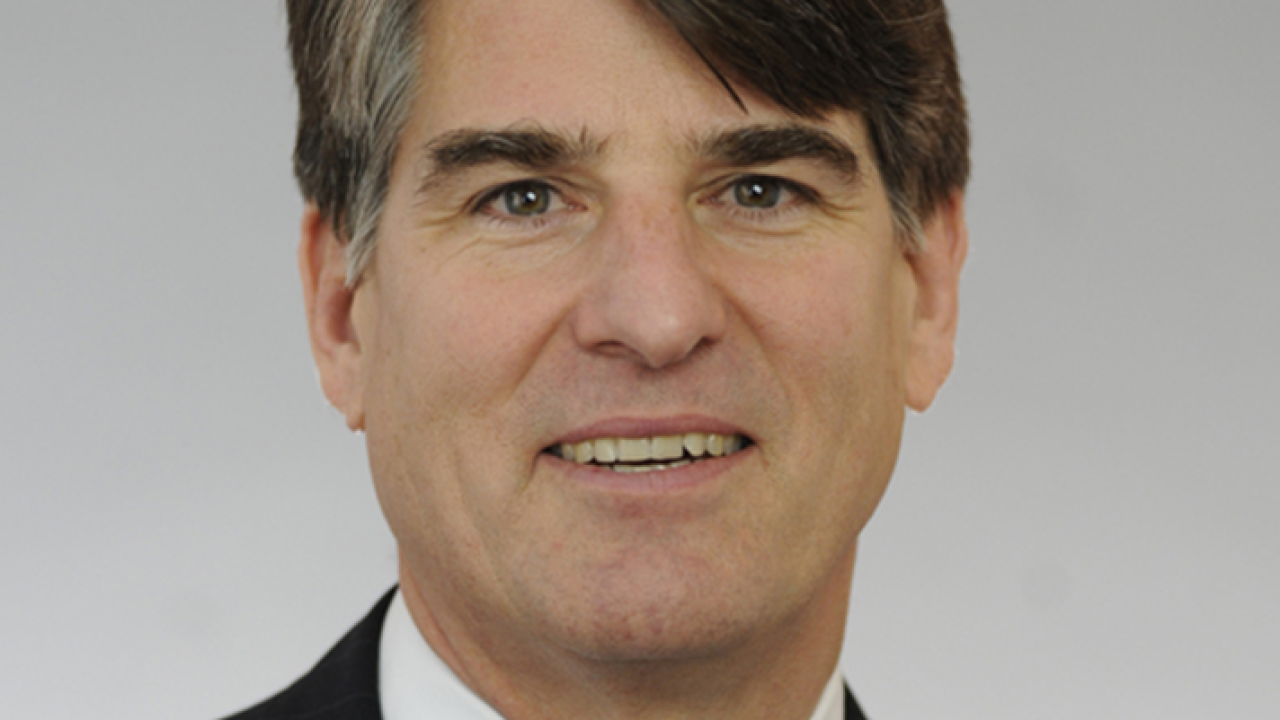Two bipartisan groups are pressing federal lawmakers and the president to get cracking on a solution to the funding crisis troubling the nation's transportation sector. They warned that Congress needs to find a new revenue source instead of leaning on proposals for a national infrastructure bank or increased privatization.
Members of the National Surface Transportation Infrastructure Financing Commission and the National Transportation Policy Project of the Bipartisan Policy Center issued a joint statement Wednesday condemning "decades of underinvestment [that] have resulted in deterioration of the nation's transportation system to such a degree that our safety, economic competitiveness and quality of life are all at risk."
The 15-member NSTIF commission was created by the 2005 multi-year law to offer recommendations for increasing transportation investment and for reducing reliance on fuel tax revenues.
The BPC's project aims to make transportation policies more performance-driven.
Lawmakers, the Obama administration, and transportation stakeholders have sparred in recent years over whether to raise the 18.4-cent per gallon gasoline tax to generate revenue for road projects, and whether to move the country onto a system where taxes would be based on miles driven instead of gallons of fuel bought at the pump.
"America's fiscal outlook is poor, the federal debt is consuming an increasing share of GDP, and difficult choices lie ahead," the groups said.
The statement closely follows a recommendation by the president's deficit reduction commission to gradually raise the federal gasoline tax by 15 cents per gallon.
The incoming House Transportation and Infrastructure Committee chairman, John Mica, R-Fla., who was officially tapped Wednesday to lead the panel, has said he opposes a fuel-tax increase.
The groups acknowledged political barriers to increasing user fees but said lawmakers should tackle the issue now by raising the fuel tax and pegging it to inflation.
Policymakers should accept "the need for higher user fees while at the same time requiring stricter accountability and real performance standards in how federal money is invested," said Rob Atkinson, who chaired the NSTIF commission and is president of the Information Technology and Innovation Foundation.
Congress also should expand the federal credit-assistance program for transportation, raise or remove the cap on private-activity bond financing, and encourage public private partnerships without taking over states' and localities' oversight of them, they said.
The bipartisan groups added that P3s are "highly useful" but "not substitutes for actual revenues."
Similarly, various proposals from elected officials for a national infrastructure bank, corporation or fund should be approached "with due caution," the groups said. "It cannot be viewed as a 'silver bullet' solution to the tremendous infrastructure investment challenge."
The next multi-year transportation bill should jump-start a switch to mileage-based fees as well, they said.
"As soon as technically feasible, we must begin to transition to a more direct user fee based on vehicle miles traveled," the groups said, urging Congress to authorize research, pilot projects, and planning studies for a VMT transition.





